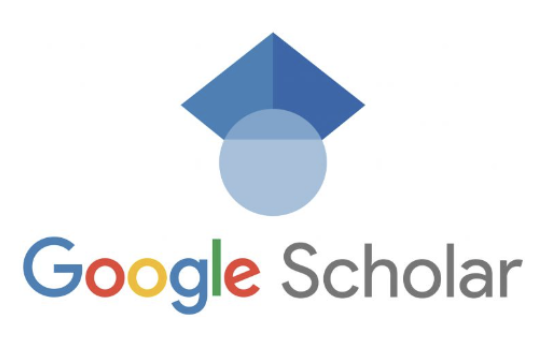Google vs Google Scholar vs Library Databases – Google may seem like the perfect research tool but how does it compare to specialist academic research databases? In this handout, we explain the positives and negatives when it comes to using Google, Google Scholar and Library databases when finding academic information for your studies. If used wisely, all three tools can give you everything you need to succeed in your research.
ADVANTAGES
- Searches the entire indexed web.
- Searching is free, quick and easy.
= - Search techniques and search commands as highlighted in our Top 5 Google Search Tips video can improve your results.
- Useful for finding official and primary sources such as government reports and company websites
DISADVANTAGES
- Number of results can be overwhelming.
- Not all academic content is indexed on the web, meaning Google doesn’t have access to everything.
- Difficult to find and identify scholarly sources, such as ‘peer reviewed’ journal articles.
- Difficult to determine the credibility and confirm the origin of sources.
- Results may contain sponsored adverts.
- Content is not organised by experts.
- Google’s search algorithm ranks and displays your results depending on when, where and how you search, especially if you are signed into your Google account. This personalisation can create a filter bubble and a potentially biased set of results.
Google Scholar
ADVANTAGES
- Searches a wide range of scholarly literature.
- Searching is free, quick and easy.
- Search techniques and search commands as highlighted in our Top 5 Google Search Tips video can improve your results.
- Additional research can be explored using the ‘Cited by’ function and by setting up a Google Scholar search alert.
- A Library access link can be added via settings, to aid access to full text copies of material subscribed to by Newcastle University.
- Citations can be exported to reference management software such as EndNote, Mendeley, Zotero etc.
DISADVANTAGES
- Not all academic content is indexed on Google Scholar.
Filter and sort functions are limited so it is difficult to refine your results by subject area or material type. - No easy way to identify ‘peer reviewed’ articles.
- Content is not organised by experts.
- Free full-text content only available from open access sources which may not be final published versions, or as scanned copies of articles that break copyright laws.
Library Databases
ADVANTAGES
- Search across a range of specialised, academic databases for subject specific content, or specific information types e.g., images or newspapers.
- Content organised and maintained by experts.
- Full-text articles are free to students and faculty members of the University via the Library subscription.
- A variety of criteria available by which to limit and refine searches, allowing for highly relevant results.
- Search techniques can be applied to focus and refine your search.
Easy to identify peer reviewed journal articles. - ‘Cited by’ functions and author profiles can be used in databases such as Scopus to explore additional research.
- Setting up personal accounts in databases allows you to save favourite articles, save important searches, and set up regular search alerts.
Citations can be exported to reference management software such as EndNote, Mendeley, Zotero etc.
DISADVANTAGES
- Databases have unique interfaces and functions, which can sometimes make them difficult to navigate for new users.
- Need to select appropriate databases for your search and search more than one database to find all relevant information.

